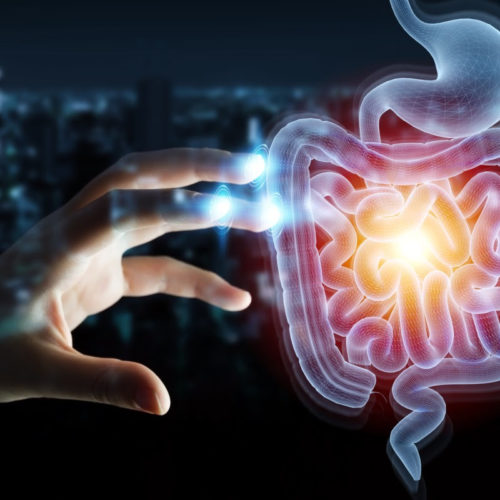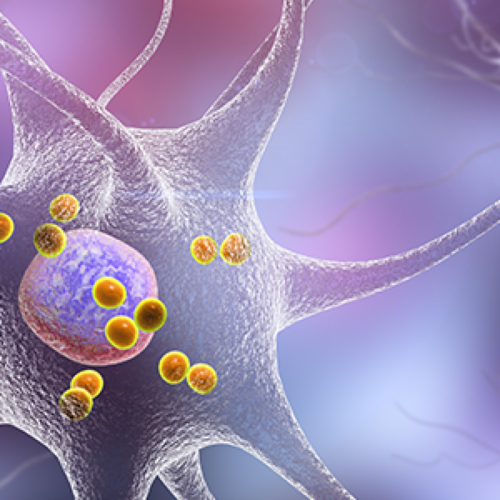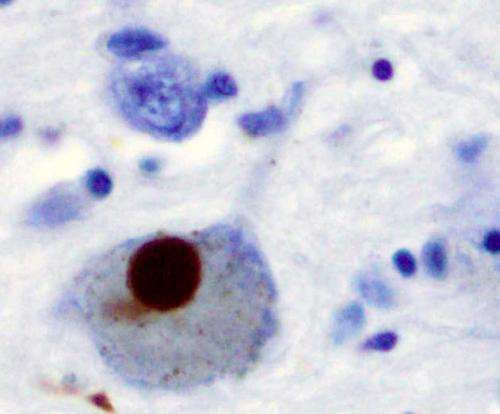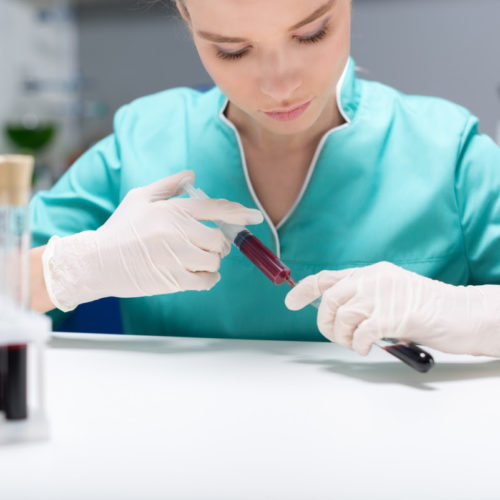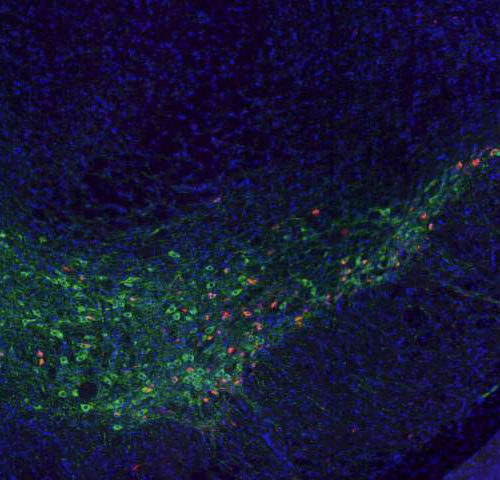By Gunjan Sinha Light therapy can help lift moods, heal wounds, and boost the immune system. Can it improve symptoms of Parkinson’s disease, too? A first-of-its-kind trial scheduled to launch this fall in France aims to find out. In seven patients, a fiber optic cable implanted in their brain will deliver pulses of near-infrared (NIR) light...
Tag: <span>parkinsons</span>
NexStride Helps Overcome Freeze of Gait in Parkinson’s
People with Parkinson’s disease and some other neurological disorders often suffer from a condition known as freezing of gait. For poorly understood reasons, initiating a step is often a challenge. Patients report a feeling of disassociation between one’s will to move and the legs not responding accordingly. This is both frustrating and can lead to...
New vitamin K-based drug shows promise against medication-resistant epilepsy
Researchers at the Medical University of South Carolina have formulated a vitamin K-based compound that, due to its unique structure and mechanism, eliminates medication-resistant epileptic seizures in mice tested to date. Credit: Sarah Pack, Medical University of South Carolina In the cover article of the June 11 issue of the Journal of Medicinal Chemistry, a...
Parkinson’s linked to overabundance of opportunistic gut pathogens
By Nick Lavars June 21, 2020 As a disease without a cure or means of prevention, there is a lot we don’t know about Parkinson’s and the way it takes hold in the human body. One school of thought is that it actually begins in the gut, and a new study has strengthened these ties...
Blood analysis reveals signs of Parkinson’s 10 years before diagnosis
By Nick Lavars In 2017, scientists at Columbia University found the first direct evidence that autoimmunity may play a role in the onset of Parkinson’s disease. The same team has been working to fill in this timeline of physiological events and uncovered further evidence of how the immune system contributes to the development of the...
Pint-sized molecule could slip through the gaps to tackle Parkinson’s
The progression of Parkinson’s disease is characterized by a reduced ability of the brain to produce dopamine, a neurotransmitter responsible for the messaging that controls body movement. For this reason, much research in the area concentrates on developing therapies that can arrest this slide, and scientists in Finland have now uncovered a promising path forward...
Wearable tech can provide better data for Parkinson’s
by Tim Sullivan, Harvard Medical School3 Wearable technology and other mobile data-gathering devices should replace self-reporting diaries to track symptoms in people with Parkinson’s disease, a new study from a large industry and academic collaboration argues. The study was published January 17 in npj Digital Medicine. “For clinicians to effectively manage the diseaseand for researchers...
Biomarkers pave way for blood test to predict Parkinson’s progression
By Nick Lavars When Parkinson’s patients are diagnosed with the condition, there are still many unknowns around how the disease will develop and how it will impact their lives. While it is no crystal ball, a new blood test developed at Newcastle University and Cambridge University in the UK is offering hope of better patient...
Parkinson’s and the immune system
Medicine RUHR-UNIVERSITY BOCHUM The team was thus able to provide further evidence that there are interfaces between the nervous system and immune system. The researchers hope that the protagonists or antagonists of this signalling pathway may be suitable for therapeutic interventions. They report on this in the cover story in the journal Science Signalingon 4...
Gene ID’d as potential therapeutic target for dementia in Parkinson’s
by Washington University School of Medicine Dementia is one of the most debilitating consequences of Parkinson’s disease, a progressive neurological condition characterized by tremors, stiffness, slow movement and impaired balance. Eighty percent of people with Parkinson’s develop dementia within 20 years of the diagnosis, and patients who carry a particular variant of the gene APOE...



